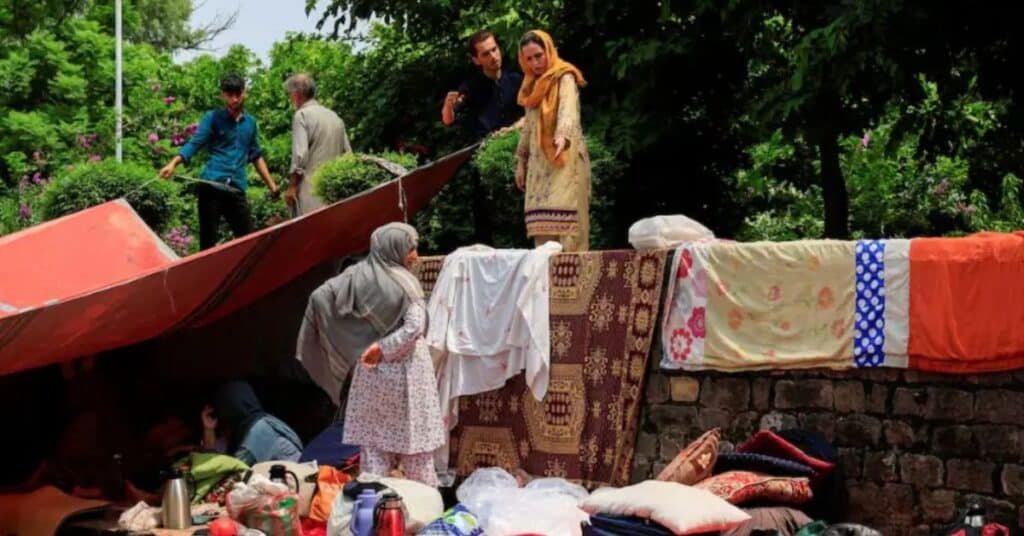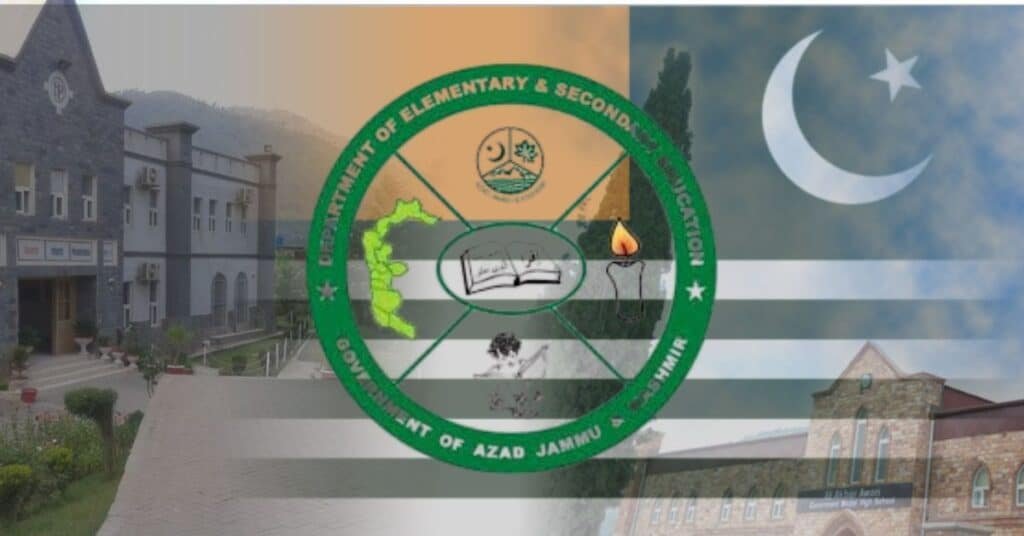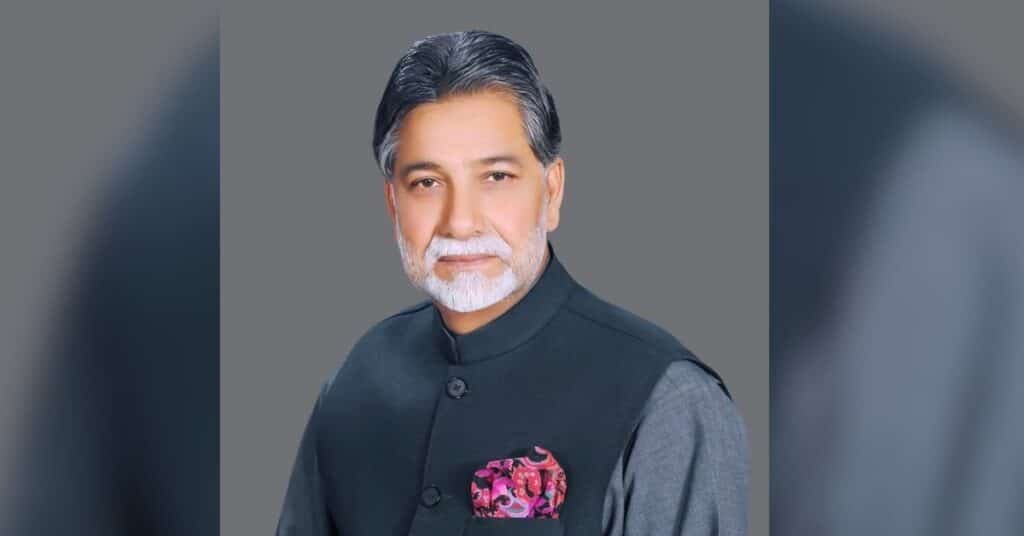ISLAMABAD (Kashmir English): The 23rd National Women’s Rights Conference has condemned the systematic human rights violations against women in Indian-occupied Kashmir.
The voice was raised from the platform of the moot organised by International Human Rights Observer (IHRO)—a globally recognized NGO with special consultative status at the United Nations Economic and Social Council.
It denounced the abrogation of Articles 370 and 35-A by India on August 5, 2019 as a direct assault on Kashmiri women’s social, cultural, economic, and political freedoms.
The conference demanded the immediate release of all women prisoners detained for their political and religious beliefs.
The moot reaffirmed commitment to the United Nations’ Sustainable Development Goals (SDGs) Agenda 2030 and the Universal Declaration of Human Rights.
Aligning with the UN theme for International Women’s Day—“For ALL Women and Girls: Rights. Equality. Empowerment.”—the gathering resonated with the powerful words of Quaid-e-Azam Muhammad Ali Jinnah: “No nation can rise to the height of glory unless your women are side by side with you.” The conference was convened at the National Library of Pakistan.
The landmark gathering united key figures from government, academia, international agencies, NGOs, political entities, and grassroots movements to forge a decisive path toward gender equality in Pakistan.
Worsening state of women’s rights
The participants voiced grave concerns over the worsening state of women’s rights in Pakistan, denouncing it as a major impediment to human rights, peace, democracy, and institutional stability.
With 2025 marking three decades since the Beijing Declaration and Platform for Action, the conference called for a renewed commitment to dismantling systemic barriers hindering women’s progress.
Delegates pledged to combat gender-based violence, limited educational access, economic disparity, legal restrictions, child marriage, healthcare inequities, and political underrepresentation.
The conference urged the Pakistani government to reinforce legal protections for women, emphasizing the role of institutions like the Ministry of Human Rights, the National Commission on Human Rights, and the National Commission on the Status of Women in ensuring the robust enforcement of existing laws.
The message was resolute: “Laws alone cannot make a nation great, but their fair enforcement can.”
Recognizing the intersection of governance and security, the conference stressed the need for stronger civil-military collaboration to foster a stable democracy, economic progress, and a culture that upholds human rights.
The conference called for comprehensive policies and accountability mechanisms spanning government, the private sector, and civil society to fast-track the achievement of the UN’s 2030 Sustainable Development Goals.
While acknowledging existing efforts, the conference demanded stronger legislative action, better policy development, stricter enforcement of international conventions, increased resource allocation, and improved accountability mechanisms to achieve true gender equality and women’s empowerment in Pakistan.
To amplify the voices of women’s rights defenders, human rights organizations, and civil society, the conference proposed the establishment of the Women Rights Federation of Pakistan—a coalition dedicated to advancing gender equality at all levels.




